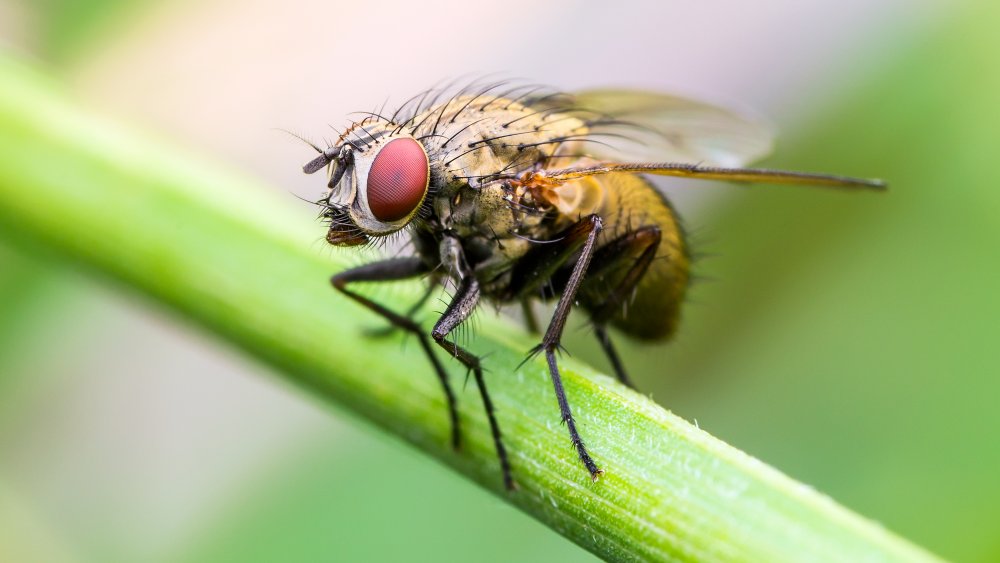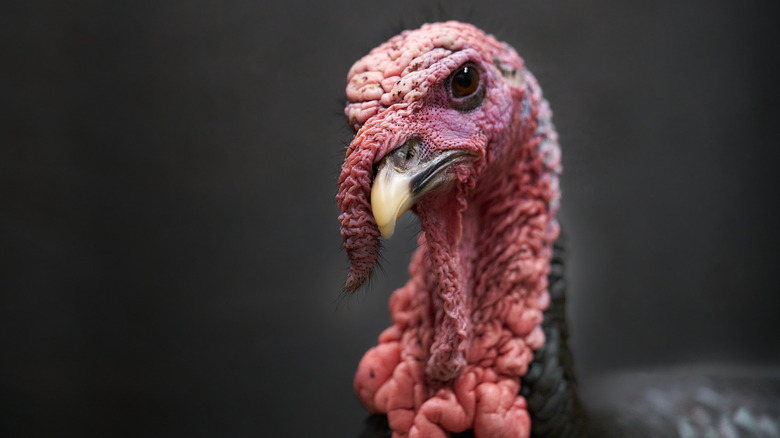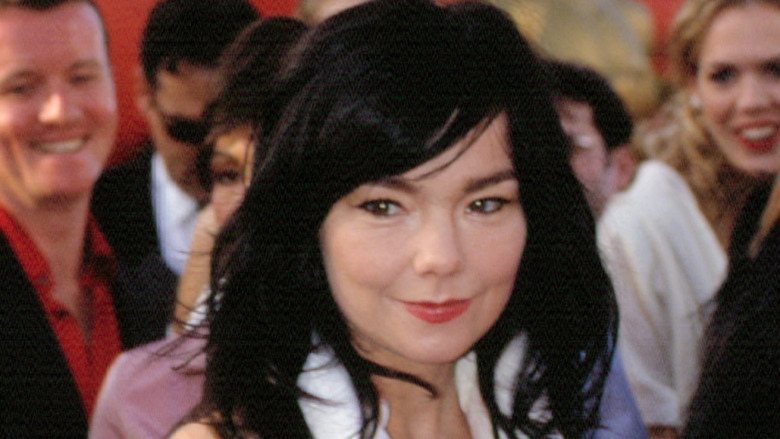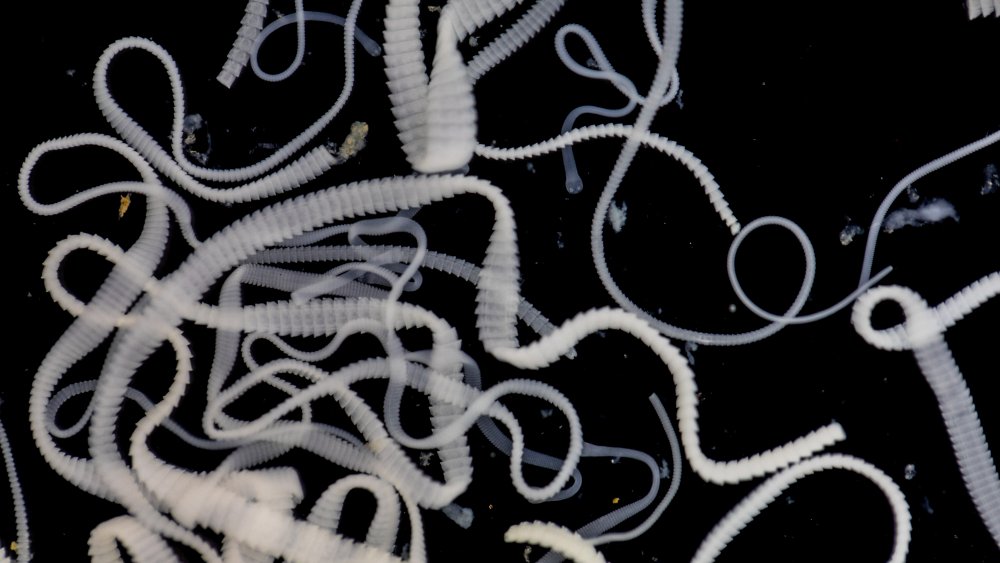
Study Suggests Neither Nature Nor Nurture Is What Makes Us Individuals
Humans don’t do nuance very well, which is why stereotypes and screamo bands exist. It’s also how you get false dichotomies like the “nature vs. nurture” debate which has raged for ages between scientists. In its least nuanced form, the debate is about whether personality and behavioral differences across individuals are biologically hardwired or guided by experience. Are some people just genetically inclined to hate chocolate, or did a chocolate bar burn down their house? Did something in Sigmund Freud’s environment convince him that his mom was his dream wife, or was he an incredible Oedipal egg in the womb?
Simply Psychology observes that the evidence doesn’t jive with an either-or framework. So scientists have reframed the debate in terms of whether nature or nurture is “more important.” However, some experts point to a third option: neither.
Nature vs. nurture vs. neither
Various scientists have tried to settle the nature vs. nurture debate by tinkering with fruit flies. For instance, Science Daily describes a 2007 study in which University of Chicago researchers altered the insects’ sexual orientation by genetically altering and drugging them. While that sounds vaguely illegal, it proved to be a fruitful way to make flies bisexual or homosexual. Similarly, in 2009, scientists at the University of Toronto turned fruit flies into “lusty Lotharios” by manipulating pheromone production. Preventing the creation of certain pheremones “triggered a sexual tsunami” as unaltered male fruit flies tried to get it on with pheromone-free males and pheromone-free female flies of a different species. Admittedly, this all sounds less like hardwiring than rewiring hardness, but it illustrates that a trait like sexual orientation has a strong biological component.
In 2020, researchers and Germany, Belgium, and France have made the claim that “random” noise might decide individual differences in fruit flies. Per Phys.org, previous research demonstrated that random noise can shape the brain structure of humans and other animals in the womb. So the researchers induced fruit flies to walk toward an object, then dissected the insects to analyze their brains. Flies that walked in straight lines had symmetric brain wiring while those meandered had wiring consistent with the effects of random noise. Admittedly, it isn’t clear how random noise doesn’t count as part of one’s environment or how walking in a straight line reflects a fly’s personality or other behavioral tendencies. So perhaps their interpretation is also random noise.

Why Some Thought A Mummy's Curse Could Have Sunk The Titanic

What You Might Not Know About Joaquin Phoenix's Near-Death Experience

Guinness World Records That Are Nearly Impossible To Beat

The Dumbest Things We've Found That You Can Buy Online Right Now

Daredevil 'Mad' Mike Hughes Dies In Homemade Rocket Crash
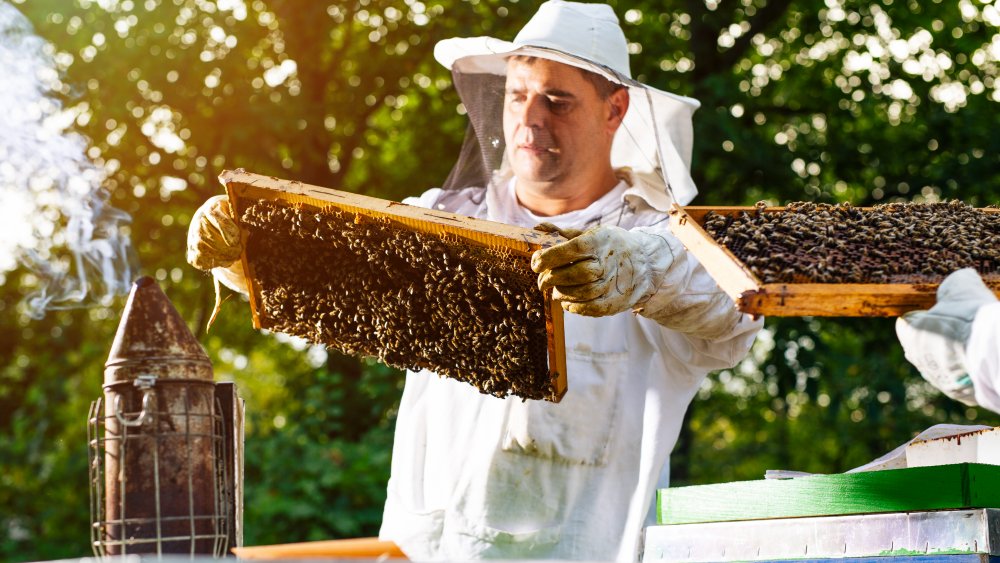
Arizona Man Registers Swarm Of Bees As Emotional Support Animals
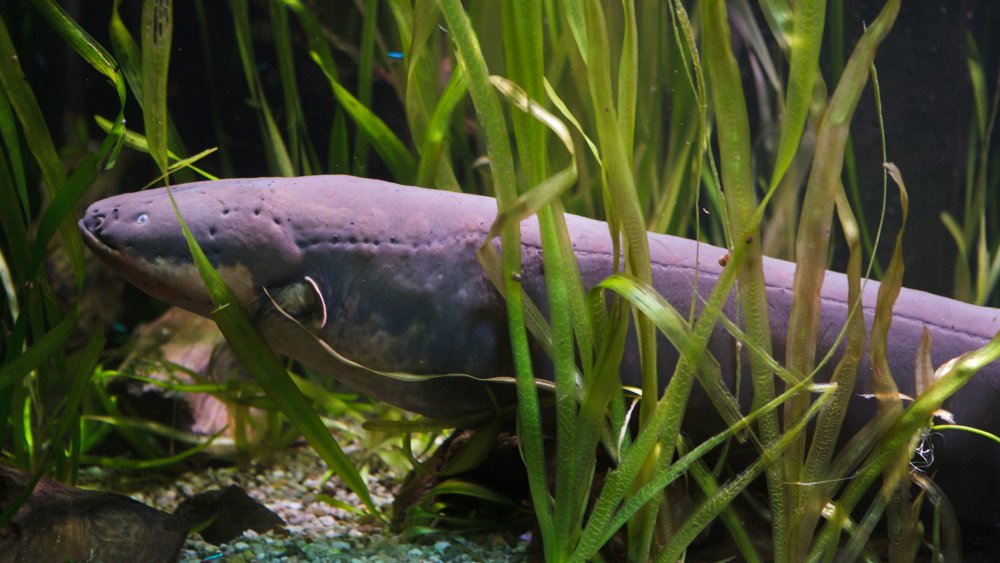
Moray Christmas, Zappy Holidays: Electric Eel Powers Aquarium's Xmas Lights

How The U.S. Government Tricked Hundreds Of Students Into Attending A Fake University

Here's How Much Kim Jong Un Is Actually Worth

So-Called Classy Drinks That Aren't Classy At All
